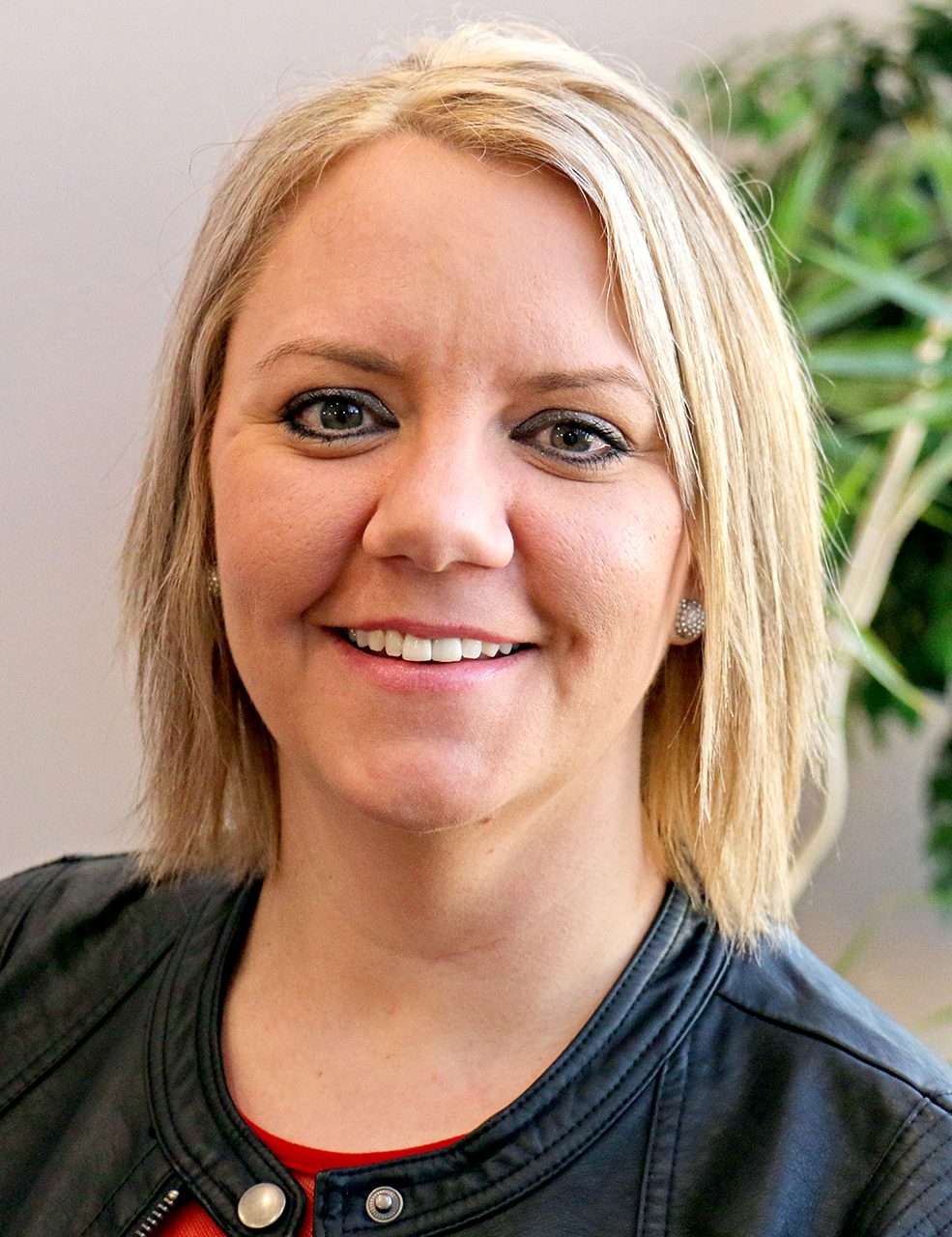 by Staci Metzger, MSW
by Staci Metzger, MSW
Grief is generally thought of as something that happens after the death of a loved one, but what many people don’t realize is grief takes on many forms, and can happen at any time. Grief can occur when witnessing a loved one lose his or her independence, when a loved one is diagnosed with a terminal illness, begins hospice care or after a loved one has died.
Regardless of when your grief starts, grieving is a normal process that everyone experiences in different ways. Finding healthy ways to deal with your grief, including expressing your emotions (whether positive or negative), acknowledging your pain and taking care of yourself, will help move you along your grief journey.
What is Anticipatory Grief?
Anticipatory grief is the normal mourning process that occurs when your loved one is still living and you are expecting his or her death. This type of grief reaction commonly occurs when someone has been diagnosed with a terminal illness or has been dealing with a chronic illness for a long period of time.
Anticipatory grief reactions can be experienced by those who have a relationship with the dying person, but also by the person who is dying. This type of grief can be felt on many levels, including emotional, physical, social and spiritual.
With any grief reactions, there is no set amount of grief a person will face, and experiencing anticipatory grief before the death of a loved one does not mean the grief after the loss will be less. Every relationship is as unique as the individuals themselves; therefore, your grief will always be distinct to that special tie.
Common Signs of Anticipatory Grief
- Sadness/tearfulness
- Anger/resentment
- Loneliness
- Anxiety and depression
- Guilt
- Desire to talk
- Fear
- Fatigue
- Emotional numbness
- Poor concentration/forgetfulness
Working Through Anticipatory Grief
During my time at Hospice of the Red River Valley, I have helped a number of families talk about these types of feelings, and each story is a little different.
One story is of a caregiver who often discussed his feelings of anger and frustration toward his wife’s disease and how this situation was not how he pictured his retirement. It took a few months for the caregiver to realize his anger and frustration were deeper, and it was him beginning to grieve the loss of his wife.
By gaining trust in me and visiting on a regular basis, he was finally able to put “words” to all the feelings he was experiencing. To date, he continues to experience these feelings, but now he recognizes them and is able to deal with them appropriately. Now during visits with him, he is able to verbalize the sadness he feels when he thinks about losing his wife.
Another caregiver I worked with discussed having anticipatory feelings of relief for when his wife would pass away because of the effects of her disease. He had so much guilt associated with feeling that way because he felt like he was wishing she would die since she wasn’t “herself” anymore. By having open and honest conversations, we were able to talk through his feelings.
As hospice staff, we help caregivers through these types of emotions. By giving him the opportunity to share these intimate thoughts and feelings, we were able to help him process his anticipatory grief, and in return, he was able to better manage his emotions and focus on being the best caregiver he could be for his wife.
Anticipatory grief can be complicated for families because they are already dealing with a loved one dying, and then all of these new emotions begin to surface. Anticipatory grief is a yo-yo of emotions, from hope to hopelessness in the same thought.
One day a loved one can be having a great day, bringing much joy and hope to families. The next day, the same person could have experienced a drastic turn, causing feelings of fear, hopelessness and even anger for loved ones. As families live with their loved one dying, they may also be thinking about how much their lives are going to change once he or she passes away. It can be a chaotic time filled many different emotions.
My role as a social worker is to walk this journey with not only patients, but also families by providing support and resources prior to their loved one’s passing. Experiencing anticipatory grief can provide opportunity for growth, finding meaning, reconciling relationships, offering forgiveness, closure and saying goodbye.
Healthy Ways to Cope with Anticipatory Grief
- Express your pain—Talk or visit with family, friends and health care professionals, such as hospice staff members or a counselor.
- Take care of your physical and emotional health—Take time for yourself, get some rest, make healthy food choices, exercise or engage in hobbies you enjoy.
- Spend time together now—Allow the dying person to express how he or she is feeling without judgement, listen, be patient and share stories with one another.
- Stay informed—Consider seeking out additional resources for caregivers, such as books or blogs.
- Practice love, forgiveness and letting go—Say your goodbyes before your loved one passes. Take time to talk about regrets, fears and concerns. Tell your loved one it is OK, and you’ll be OK, too (if appropriate).
No matter when or how you grieve, it is important to remember it is OK and normal. If you feel like you need additional support, it is important to seek assistance from a professional, find a support group, talk with friends or family and find ways to celebrate your loved one. I often find myself telling family members after their loved one has passed, even though your loved one’s death was anticipated, it doesn’t make it any easier. Grief takes time. It can be chaotic. Everyone grieves differently, but you don’t have to grieve alone.
Hospice of the Red River Valley offers a variety of grief support services to community members free of charge, including support groups, one-on-one support and community resources, on a loan basis, through the resource libraries in each of our offices. Visit our website for more information or call (800) 237-4629 to speak with a member of our grief support department.
Staci Metzger, MSW, is the lead social worker at Hospice of the Red River Valley.
About Hospice of the Red River Valley
In 1981, Hospice of the Red River Valley was founded on the belief that everyone deserves access to high-quality end-of-life care. We fulfill our nonprofit mission by providing medical, emotional, personal and spiritual care, as well as grief support to our patients, their families and caregivers during a tender time in life. Our staff helps those we serve experience more meaningful moments through exceptional hospice care, 24 hours a day, 365 days a year, wherever a patient calls home. The organization serves more than 40,000 square miles in North Dakota and Minnesota, including in and around Bismarck, Detroit Lakes, Devils Lake, Fargo, Fergus Falls, Grand Forks, Lisbon, Thief River Falls, Valley City and many more communities. Hospice of the Red River Valley offers round-the-clock availability via phone, prompt response times and same-day admissions, including evenings, weekends and holidays. Contact us anytime at 800-237-4629 or hrrv.org.




